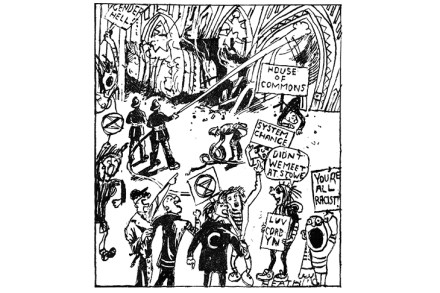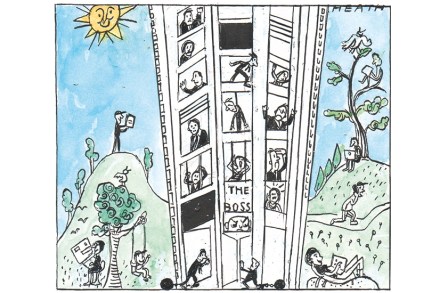Is unemployment about to surge?
Despite experiencing the largest economic contraction in over 300 years, UK unemployment figures haven’t budged for months. The furlough scheme seems to have proved successful in shielding many jobs from getting the immediate axe, while those who were made redundant often didn’t appear in the official figures as they were not immediately looking for work. But today’s labour market overview from the ONS shows they have started to tick upward: unemployment is now at 4.1 per cent, 0.3 percentage points up from last year and 0.2 points up from the last quarter. Breaking down the rate by age, it’s clear the young have suffered the most so far: unemployment for 16




















